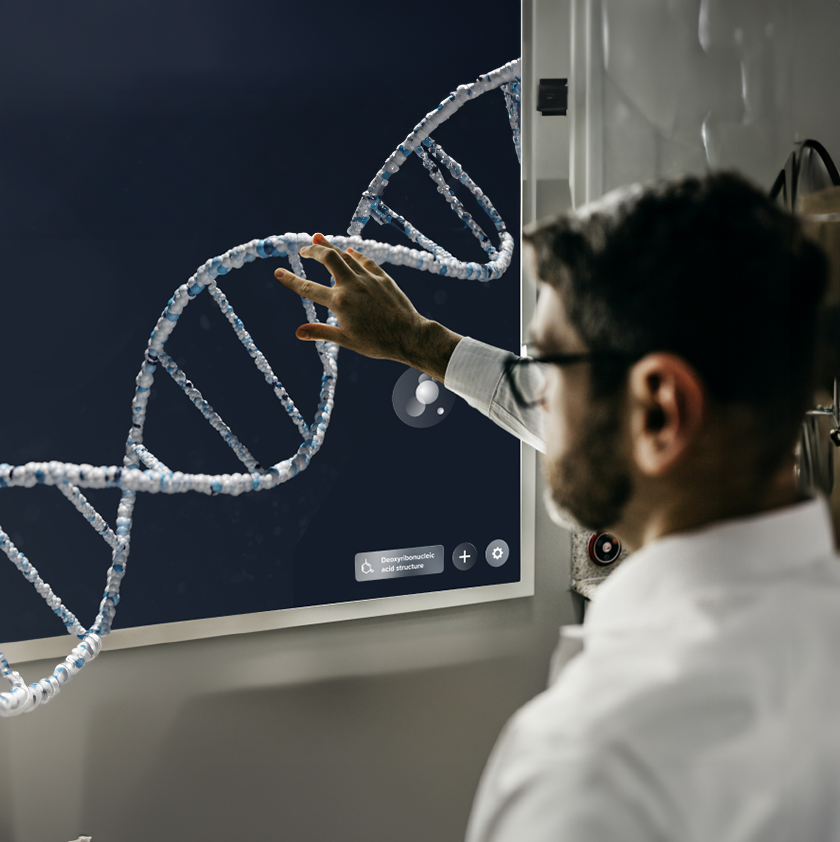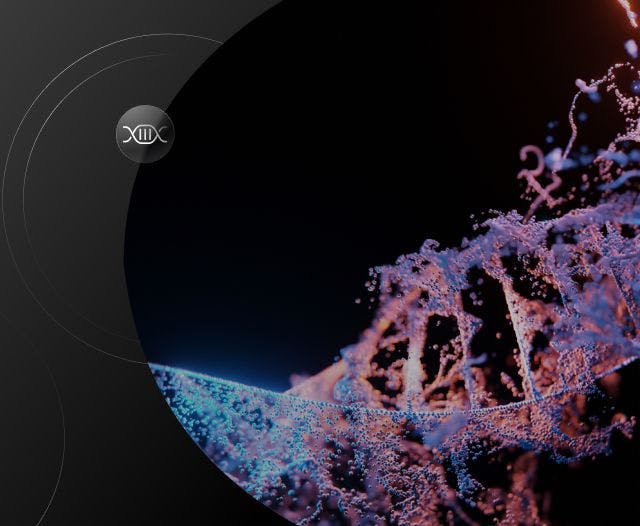
View all cases →
Building an AI in vitro diagnostic medical device in only 7 months
Overview
We’ve been working with gMendel® since the beginning supporting their end-to-end MedTech product journey. Their goal is to “transform the diagnosis of genetic disorders for better disease management.”
This is part 2 of our extended case study about our collaboration with gMendel® focusing on the Software Development Life Cycle (SDLC) delivered by our HealthTech Engineering team. Read about how our HealthTech Regulatory Consulting Practice helped build the foundation for regulatory approval here.

✓ Designed and developed the first version of the Phivea® platform in just 7 months
✓ Met EU medical device standards and regulations from the beginning enabling gMendel® to be placed on the Danish market as a CE marked in-vitro diagnostic medical device
✓ Helped build trust in the industry and establish gMendel® as a mature company
✓ Delivered all required records and documents to prove compliance with IEC 62304 and other harmonized standards
✓ Significantly shortens diagnosis from up to months to a couple of hours
✓ Established proof that genetic disorders can be diagnosed early through the gMendel’s® screening technology (including prenatal conditions)
The idea
gMendel® needed a partner with medical device class software expertise. To ensure compliance with EU regulations and harmonize standards during the design and development phase, the company would need three vital characteristics:
- The company had to operate under an ISO 13485-certified Quality Management system.
- Have expertise in the application of IEC 62304 Software as a Medical Device (SaMD) type solution.
- The software development team has to deliver all Software Development Life Cycle standard roles: Project Manager, Business Analyst, Quality Assurance, Developer and DevOps.
In short, they were looking for Star HealthTech, and we were excited to take on such an ambitious project together.

Project
As a new startup, gMendel® has to consider these challenges to find its footing in the competitive BioTech and MedTech landscape:
- A need for tech innovation to improve healthcare delivery.
- Gaining know-how in becoming a medical device manufacturer and how to place an in vitro medical device on a regulated market.
- Be able to ideate, design, develop and launch their product quickly and within budget
- Start revenue generation, validate their product on the market and meet key milestones to attract VC capital
At the beginning of the project, we faced a very ambitious goal. gMendel® asked us to co-create a brand new medical device using yet-to-be-developed AI models to diagnose several genetic disorders. In addition, this would need to be IVD medical quality and within a super tight deadline because of an approaching IVDR regulation change.
The project started in July 2021. Star delivered the required engineering roles and focused on providing the SDLC inputs, as required by ISO 13485 standards, from the product life cycle (PLC) level.
What slows many new entrants' initial project delivery is unfamiliarity with medical device regulations, required know-how sets and documentation. So our regulatory consulting team helped gMendel® craft its intended purpose statement, product requirements, risk control measures and other inputs through our expertise and proprietary QMS software, enabling us to swiftly begin the SDLC process.
Our Project Manager coordinated all SDLC activities, including the software development plan and other IEC 62304 requirements, to ensure the project not only delivered the technical solution but that it was safe, effective and supported by documentation.
Simultaneously, our Business Analyst (BA) focused on documenting software requirements, preparing user stories, and detailed designs describing the dynamics of the product. These specifications were then linked in the JIRA ticket comprising the product roadmap for the incoming development sprints.
The added value of these detailed designs was allowing Quality Assurance Engineers, who, based on these specifications, to test prototype software and prepare test scenarios for the final test runs.
Our whole team took part in the risk management activities required on the software level. The risk control measures were then translated into the software requirements, setting the stage for developing a safe IVD medical device. Likewise, this step is critical for securing regulatory approval.
Next, engineers implemented the solution using Java and other technologies and carefully selected it in the Technology Stack Specification document. Our focus was scalability and architectural separation between the elements responsible for data ingress, diagnosis and egress. We also architecturally separated the AI modules, allowing the system to communicate with the configurable number of AI implementations.
Simultaneously, gMendel® worked on the AI models that would enable them to return the diagnosis of the specific genetic disorders for that product version. Although not all AI models were delivered in this iteration, careful systems architecture allowed us to embed successful ones into the final version of the Phivea® platform and create a foundation for additional genetic disorders to be screened in the future.
DevOps was key to supporting the project infrastructure, designing and describing how the released product version will be installed, deployed, and maintained in dedicated manuals. This enabled the product to be installed effectively and securely. As a result, the product at the moment of the release was ready to be plugged into the IEC 82304 operations framework.
Overall, it was a successful and fast collaboration. By the project's end, our SDLC project team delivered both the engineering solution and all documentation required by specified standards and regulations to the gMendel's® PLC team necessary to quickly put Phivea on the market while freeing up their internal resources to focus on other critical matters for growing a startup.
Testimonials

“Time-to-market is one of the decisive factors for any startup. Star’s SDLC team and their complete offering gave us a huge head start. The success gMendel® has experienced would not be possible without Star's contribution.”
Zoran Velkoski
Co-founder, gMendel®
Project scope
- Design and development of in vitro diagnostic medical device software Class B - IEC 62304
- Project management
- Business analysis
- Software Engineering
- Solution architecting
- QA
- DevOps
Technologies:
- Biopython
- Phyton
- Scikit-learn
- Docker
- Linux
- Bare Metal deployment


